Entry Category: Businesses
Pottsville Citizens Bank
Prairie Grove Telephone Company
aka: PGTelco
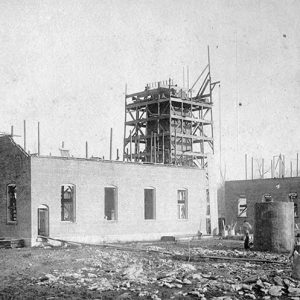 Prairie Oil and Gas
Prairie Oil and Gas
Price Produce and Filling Station
 Processing Pickles
Processing Pickles
Pyramid Place
aka: Southern Trust Building
 R-Pep and Clem’s Bottle Caps
R-Pep and Clem’s Bottle Caps
Ranger Boats
Reader Railroad
Red Apple Inn
 Remington Arms
Remington Arms
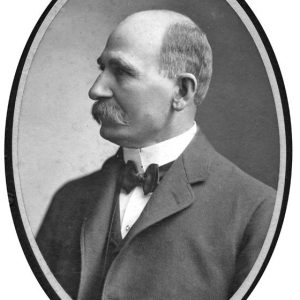 William C. Renfrow
William C. Renfrow
Rice-Upshaw House
Riceland Foods
Rimrock Records
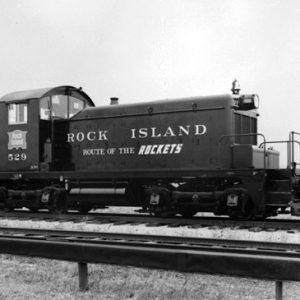 Rock Island Diesel Switcher
Rock Island Diesel Switcher
 Rock Island Locomotive
Rock Island Locomotive
Rock Town Distillery
 Rock Town Distillery
Rock Town Distillery
Rose Publishing Company
Roundtop Filling Station
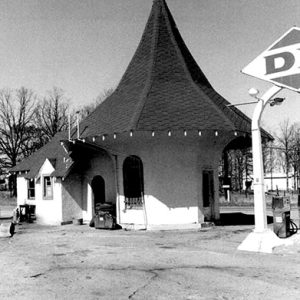 Roundtop Filling Station
Roundtop Filling Station
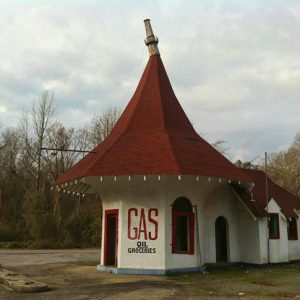 Roundtop Filling Station
Roundtop Filling Station
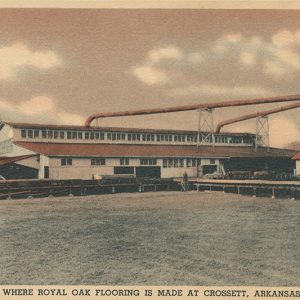 Royal Oak Flooring
Royal Oak Flooring
 David Ruff
David Ruff
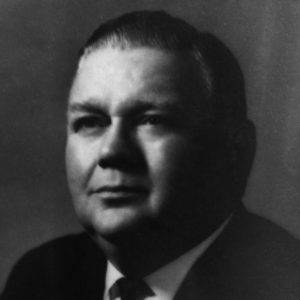 Ed Ruff
Ed Ruff
 Lonnie Ruff
Lonnie Ruff
Saline Courier
aka: Benton Courier
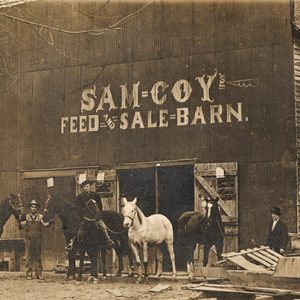 Sam Coy Feed and Sale Barn
Sam Coy Feed and Sale Barn
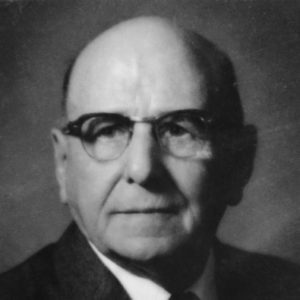 Felix Schlosser
Felix Schlosser
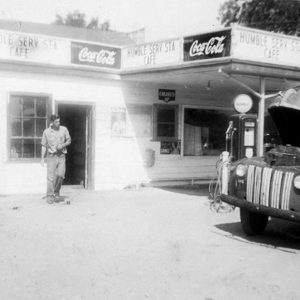 Searcy Garage and Cafe
Searcy Garage and Cafe
Sentinel-Record
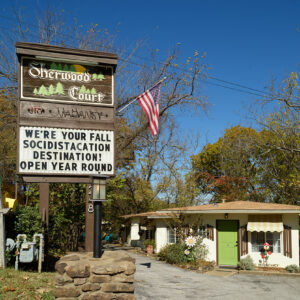 Sherwood Court
Sherwood Court
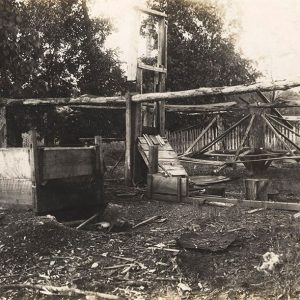 Shingle Mill
Shingle Mill
 Sidewalk Marker
Sidewalk Marker
Simmons First National Bank
 Simmons First National Bank Tower
Simmons First National Bank Tower
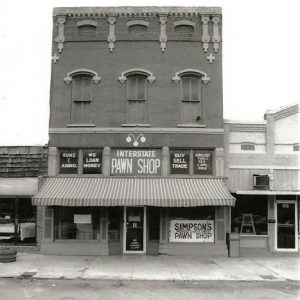 Simpson's Pawn Shop
Simpson's Pawn Shop
Skyline Cafe
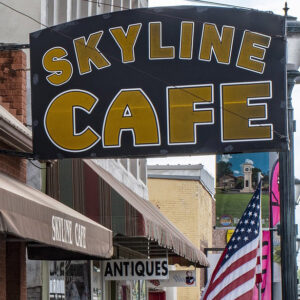 Skyline Cafe
Skyline Cafe
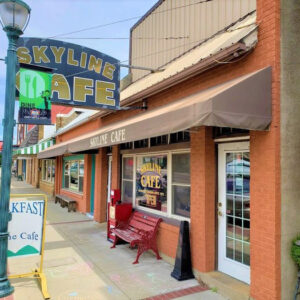 Skyline Cafe
Skyline Cafe
 Slave Auction Notice
Slave Auction Notice
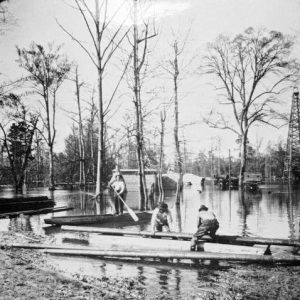 Smackover Oil Field
Smackover Oil Field
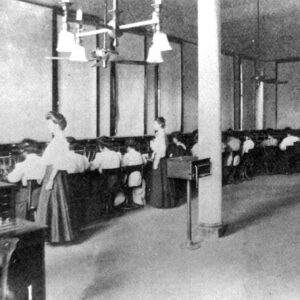 Southwestern Telegraph and Telephone Company
Southwestern Telegraph and Telephone Company
 Spring Catalog
Spring Catalog
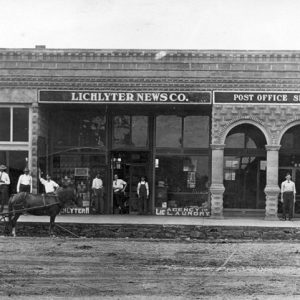 Springdale Newspaper and Post Office
Springdale Newspaper and Post Office
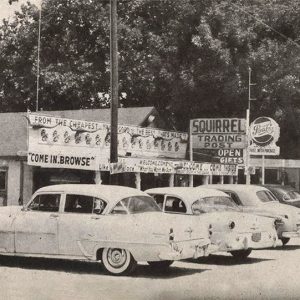 The Squirrel
The Squirrel




